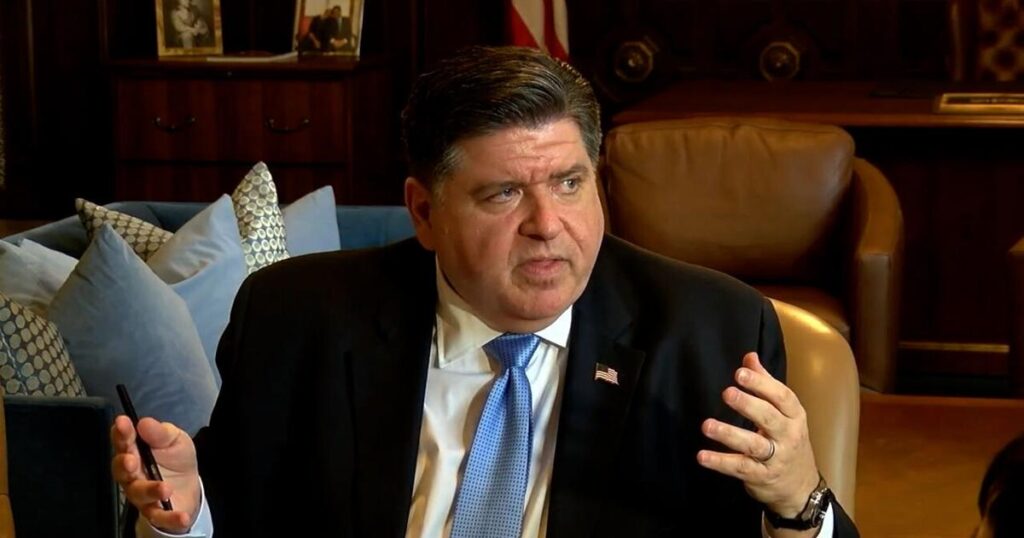(The Center Square) – Gov. J.B. Pritzker is touting Pure Lithium Corporation’s move from Boston to Chicago as a clean energy win, but some question whether taxpayers are getting a fair deal.
“I am excited to welcome the team at Pure Lithium to our state, where they’ll be an excellent addition to the business landscape and burgeoning clean energy ecosystem,” said Gov. J.B. Pritzker. “Their investment will not only create jobs and economic opportunity for our people but help power the green revolution right here in Illinois.”
After completing its research and development phase in Boston, Pure Lithium is relocating to Illinois to begin production, investing $46 million and creating 50 jobs in Chicago’s Fulton Market. The move is backed by $4.4 million in state Reimagining Energy and Vehicles in Illinois Act program tax incentives, according to Crain’s calculations.
Mark Glennon, founder of Wirepoints, explained that using taxpayer money to lure companies with promises of job creation often fails to deliver real economic value.
“This comes to some $85,000 per job for those 50 jobs, which is high in that business. The average estimates are well below that, probably around $50,000 per job at the very most on average,” said Glennon. “And more importantly, 50 jobs is trivial.”
The Pritzker administration calls the deal a step toward clean energy, with Pure Lithium aiming to produce the first commercially viable lithium metal battery for defense, drone, grid and EV markets.
“Through the REV Illinois program, the state is supporting companies that have a shared mission of bolstering manufacturing jobs in Illinois’ clean energy economy,” said Illinois Department of Commerce and Economic Opportunity Director Kristin Richards. “Pure Lithium’s decision to relocate its operation and begin manufacturing in Chicago is a testament to Illinois’ role as a clean energy leader that offers competitive incentives, a world-class workforce and top-rated infrastructure.”
Critics say the plan lacks transparency and overpromises on benefits to Illinoisans.
“The company is moving from Boston to Chicago, but we don’t know if they’re transferring existing employees or actually hiring locally—and that’s often a problem,” Glennon said. “With Rivian, for example, there have been reports that many of the jobs went to H-1B visa holders, meaning foreign workers brought in to fill positions. The same concern applies to Gotion in Manteno, a highly controversial deal involving a Chinese company.”
Pure Lithium’s project is one of several under the REV program, which offers tax breaks to EV and clean energy firms. Other recipients include Damera and Wieland North America.
“The press all around the state repeated that headline in Pritzker’s press release. It’s pure puffery. It adds nothing, virtually zero, for the state, but it costs taxpayers,” said Glennon.
Glennon said Illinois’ economic development strategy, centered on aggressive green energy goals, has produced few lasting results
“Lion Electric shut down so fast they didn’t even collect their subsidy. Rivian is struggling. Gotion, tied to the Chinese Communist Party, abandoned EV batteries and pivoted to data center batteries—likely because demand isn’t there,” Glennon said. “Stellantis’ much-hyped Belvidere EV project has collapsed. We’re chasing unrealistic goals like 100% green electricity by 2050.”
State officials argue that Illinois’ skilled workforce, top-tier research institutions like Argonne National Laboratory, and competitive incentives make it an ideal hub for next-generation energy manufacturing.


